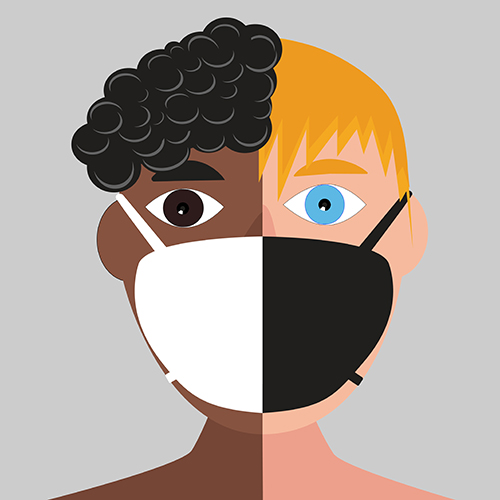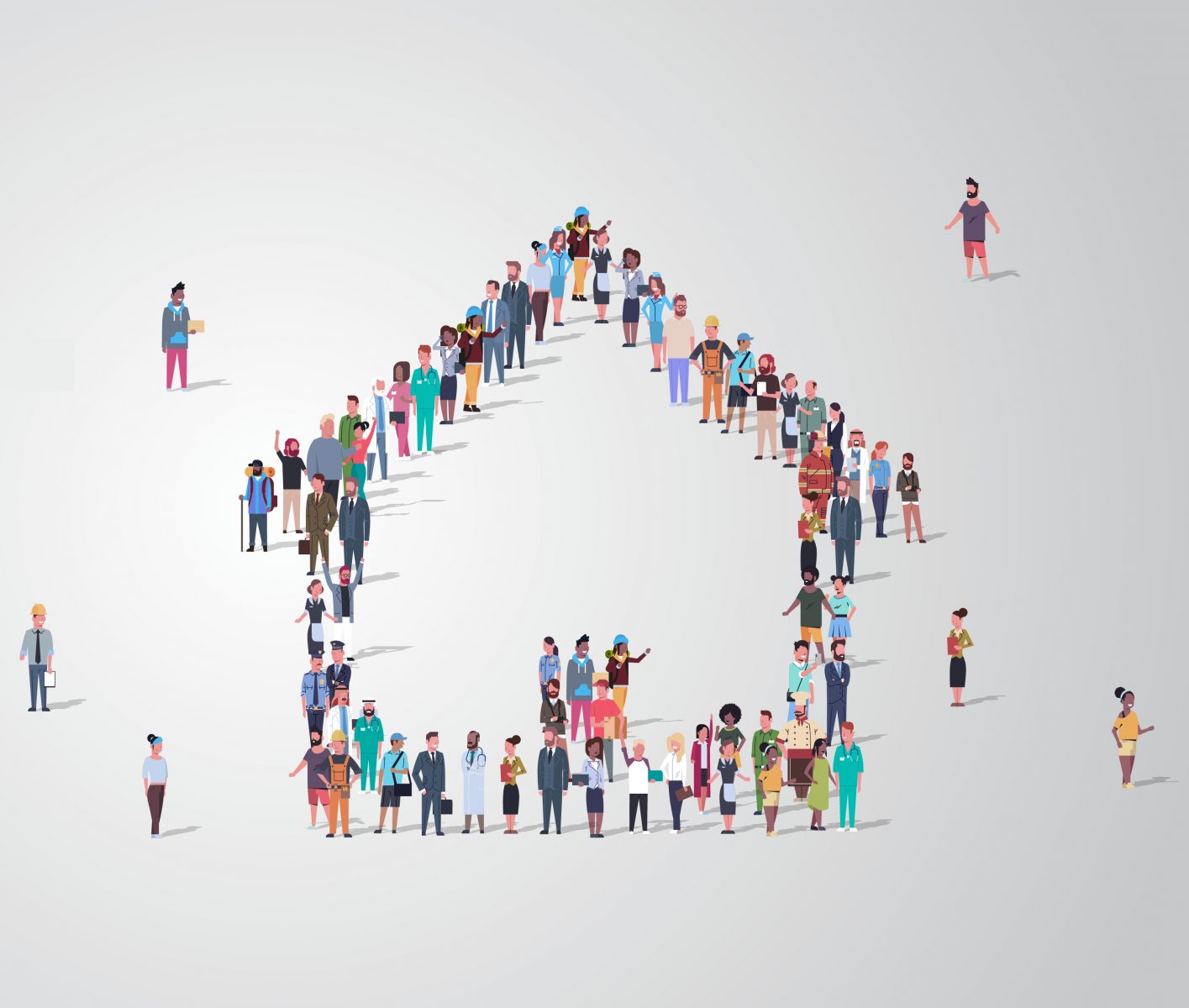I do not want any help from your kind
Being a doctor while Black
Posted on July 15, 2020
Throughout my medical training, there were situations of patient’s refusing treatment based on the color of my skin, even in emergencies.
One night, in Charlottesville, Virginia, the buzzing of the pager on my scrub top collar awakened me from a light sleep. I had learned long ago that heavy slumbers were impossible on nights like this. The emergency room and inpatient service were both full. These were not the nights that I was up at 3 a.m. to add a bowel regimen order for a patient.
 These were the nights that I expected to be up all night but tried to catch a snooze here and there. Even 15 minutes could seem like an eternity of rest. These were the nights where floor patients became ICU patients. These were the nights that it would require me to use several hours to get to sleep after a shift. That night the page read: “Come now. Patient X has shortness of breath and chest pain.”
These were the nights that I expected to be up all night but tried to catch a snooze here and there. Even 15 minutes could seem like an eternity of rest. These were the nights where floor patients became ICU patients. These were the nights that it would require me to use several hours to get to sleep after a shift. That night the page read: “Come now. Patient X has shortness of breath and chest pain.”
I arrived to the bedside to find an elderly white man. I asked for an update from nursing. She reported new onset chest pain and sweating that started about five minutes earlier. I hooked my stethoscope into my ears and proceeded to listen to his heart. He threw his hands over his chest in defiance. I spoke clearly about my concerns about his symptoms and my wishes to do a cardiopulmonary exam if he was willing to comply.
His oxygen saturation by pulse oximetry continued to drop to the mid-80s. I attempted to assist the nursing staff with applying a nasal cannula. He hit my hand away stating, “I don’t want any help from your kind.”
I worked with nursing to continue to get him support, including getting a bedside electrocardiogram (ECG). I also placed verbal orders for bringing morphine, aspirin and nitroglycerin to the bedside. As I turned back to the patient, I noted that a STEMI (ST elevation myocardial infarction — a heart attack) was confirmed by the ECG.
I had a quick curbside discussion with some of the gathering nurses and the newly arrived cardiology team. We developed a plan for me to place patient-transfer orders and hand off care to the cardiology team. He was at the cardiac catheterization lab within 20 minutes of his symptom onset. In cases of heart attacks and strokes in medicine, doctors often say, “Time is tissue.” We are referring to the heart muscle or brain tissue that can be lost when blood flow is compromised during a heart attack or stroke. This damage can cause residual effects that last a lifetime.
I was comforted in knowing his outcome would not be related to a lack of efficiency on the part of his medical team. Despite everything that had transpired, I still believed that ignorance should not be a barrier to medical care. I did not recall the Hippocratic oath distinguishing between types of patients. It did, however, state, “While I continue to keep this oath unviolated, may it be granted to me to enjoy life and the practice of the art, respected by all men in all times.”
I did not deserve to be disrespected in this way.
It was insisted to me by my administration that there was a zero-tolerance policy for the behavior the patient displayed, but the blow had already been dealt. I knew that no amount of education could lift me out of experiencing inequities in both my work and personal life in a society where racism still existed. Not even a doctor’s badge could protect me. To many, I was still just Black. My challenge was to avoid carrying over my past experiences from patient to patient.
I have chosen to continue to wake up every morning, put on my white coat, and indiscriminately give my passion and advocacy to medical services for people from all backgrounds while being treated unequally by the written and unwritten laws of society.
Ashley V. Austin is a family medicine/sports medicine physician from Atlanta, Georgia, living in Seattle, where she works at University of Washington Medicine.
SEE ALSO:
More Race Relations Articles
Sexual Bias Articles
Mental Health Articles
How Drugs and Alcohol Affect the Brain and Body
WA. Counselor Directory: find a therapist near you
How helpful is this web page to you?
(and how can we can improve this page for you?)
not helpful
very helpful
Other Articles
Racial Inequity of Coronavirus
Teresa and Marvin Bradley can’t say for sure how they got the coronavirus. Maybe Ms. Bradley, a Michigan nurse, brought it from her hospital. Maybe it came from a visiting relative. Maybe it was someth... read more
The Latino community calls for action amid high COVID-19 rates
When restaurants reopened last month, waiter Tino López faced a difficult decision: to stay home and forgo a paycheck or risk exposure to the novel coronavirus by returning to work. López was r... read more
BLM accuses Seattle police of ambushing demonstrators
say police are in contempt of court over weekend clashes
Attorneys for Black Lives Matter-Seattle King County have asked a federal judge to hold the Seattle Police Department in contempt of an injunction prohibiting the indiscriminate use of tear gas, pepper spray... read more
Confessions of a white baby boomer on race relations
Opinion: June 12, 2020 “Dr. Martin Luther King Jr. and Robert F. Kennedy were my heroes growing up in New York in the 1960s. My parents had taught me and my brother to embrace racial justice and tr... read more
Police attacks on journalists are attacks on us all
Opinion: Then they came for the journalists. In Minneapolis. In Detroit. In Los Angeles. In Cincinnati. In Asbury Park. In Des Moines. In Albuquerque. In Indianapolis. In Louisville. In Seattle. In D... read more
This project is trying to reverse gentrification by bringing people back to the Seattle Central District
When Andrese Collins bumps into people he grew up with in the Central District, the conversation always starts the same way: “Where you’d go?” Most of his childhood acquaintances have m... read more







